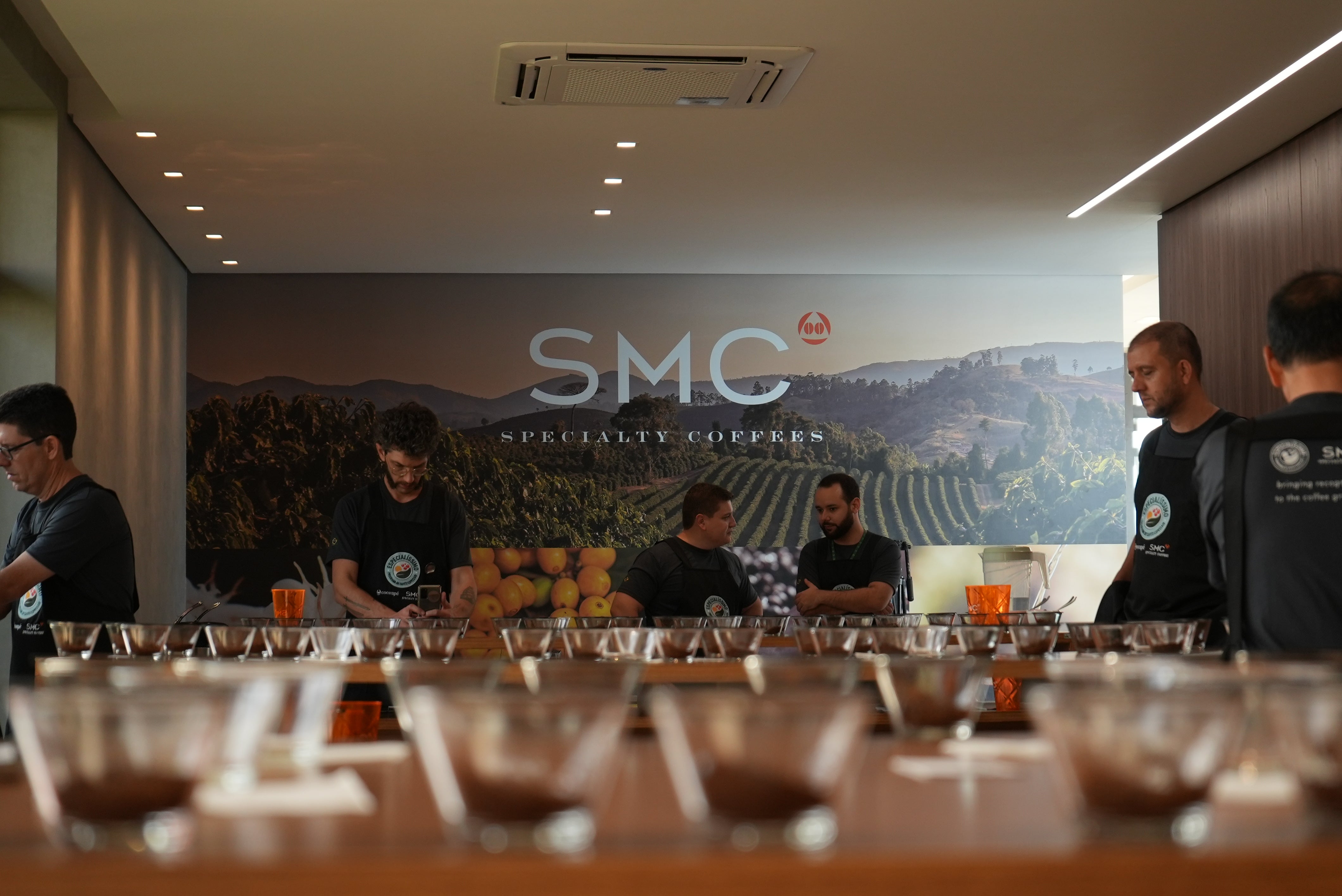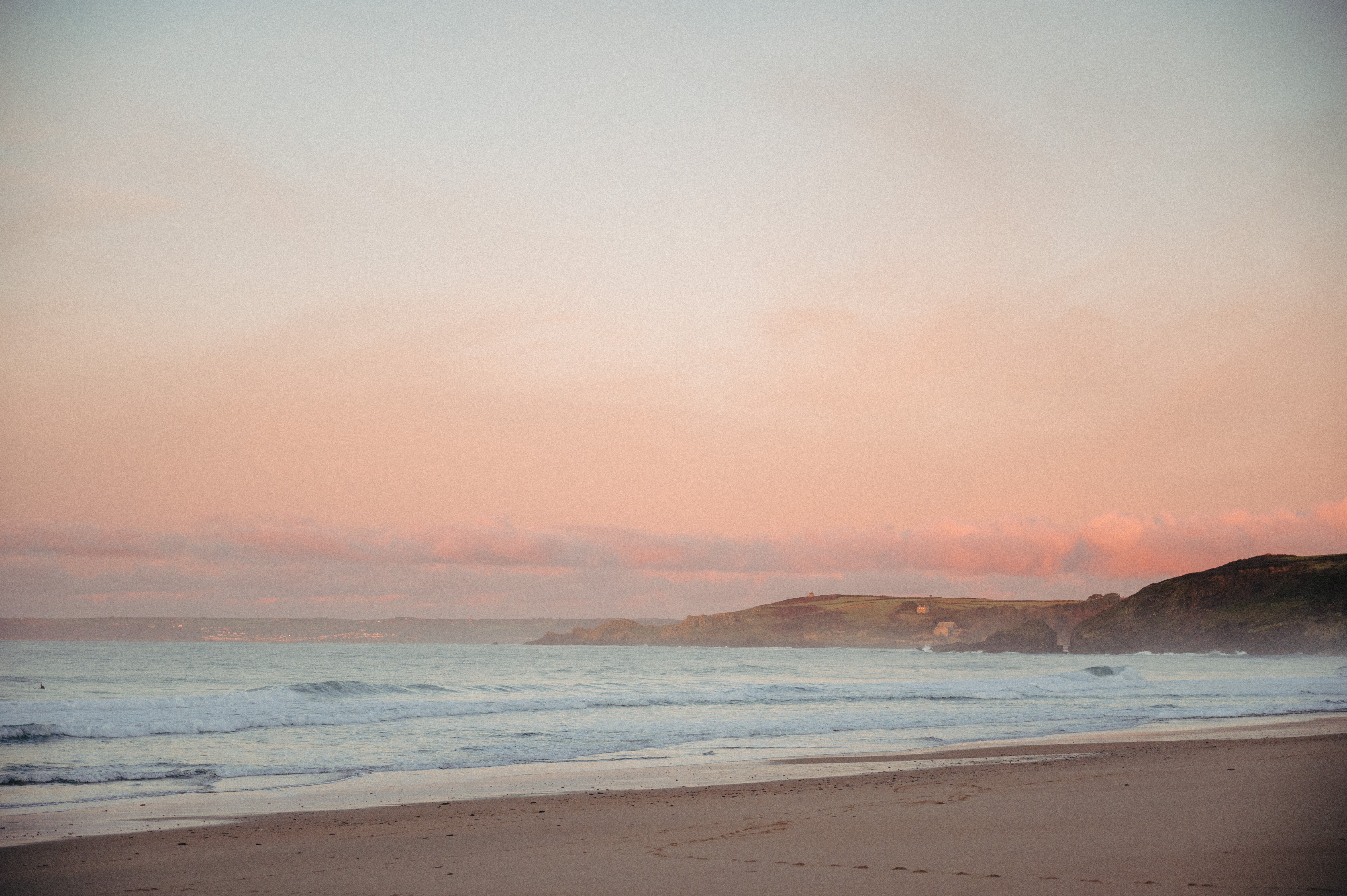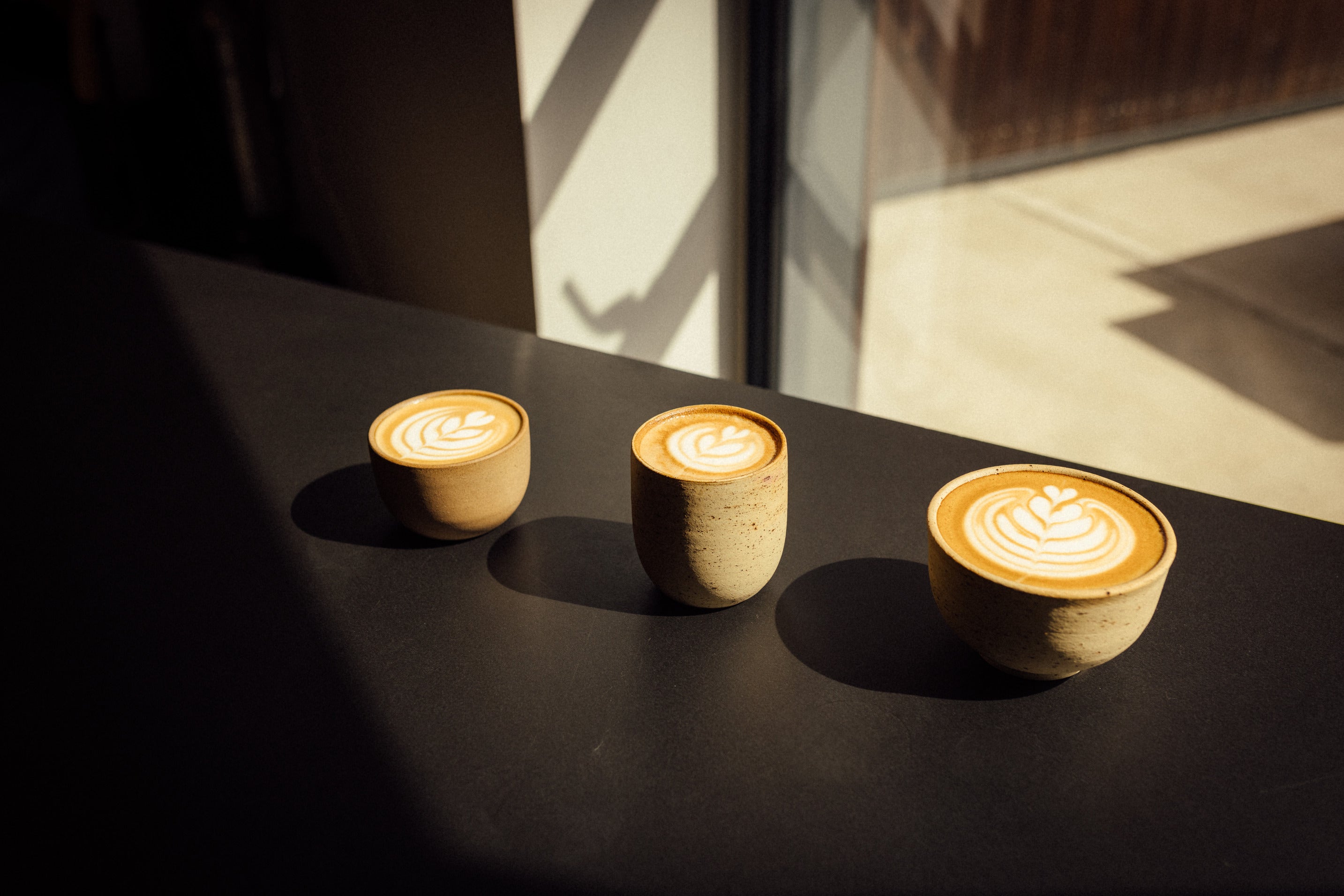In this journal article we take a closer look at experimental processing methods.

Speciality coffee is continually evolving. Whether its new coffee varietals being developed, exciting barista competitions being held, or innovative machinery being launched - there is always something happening. And that’s what makes the industry so exciting to be part of. There is now more investment into farm level practices than ever before. Producers are investing in new technologies and farming processes, expanding their research capabilities whilst keeping cup quality central to their approach. We have witnessed first-hand the incredible development of speciality coffee since we were founded 15 years ago.
A production area that has developed in particular, is processing methods.
In addition to the more familiar methods such as natural, washed and pulped natural (honey), we are now seeing a demand from consumers and cafés alike to showcase more unique approaches to processing coffee. These completely redefine what is possible, often showcasing an intriguing profile or flavour. It’s becoming increasingly more common to see producers experiment with different washing or drying processing methods, even exploring the uses of acids in the fermentation stage of production. All in the pursuit of creating something special.
But these approaches to coffee processing often require widespread experimentation, research and added investment. There is always a risk that the coffee may spoil. Not all producers are willing to go against the grain and jeopardise financial return on developing a coffee that could have little commercial value if the final result is ill-tasting.
But here at Origin, we are in a fortunate position to be working closely with some of the most talented coffee producers in the World. We support their ideas and encourage innovative coffee explorations, often guaranteeing to absorb the costs regardless of outcome. Particularly our Direct Trade partners in Carlos Pola and the Mierisch family, who are known for their revolutionary work across Nicaragua, Honduras and El Salvador. Both producers have an astute approach to coffee and are at the forefront in speciality coffee production, often experimenting with new varietals and processing methods. Below we take a closer look on some of these processing methods in more detail.

MALIC FERMENTATION
We first spoke to Carlos Pola about considering the use of natural acids in the fermentation process a couple of years ago and since then we have showcased some incredible coffees from his farm San Antonio in El Salvador.
Malic fermentation involves adding organic malic acid, like that found in green apples and ripe coffee cherries, to the fermentation stage of the coffee processing. It offers a boost to the acids already present in the coffee, creating more distinctive flavours. Together, we experimented with how much acid to add as we wanted it to be balanced, complimentary and not overbearing. In this instance, after processing we found that the addition of malic acid, although associated with the crispness of green apples, increased the cooked red apple flavours within Carlos’ coffee - offering excellent clarity and complexity in the cup.
Learn more about malic fermentation here.
BLACK HONEY
Last year we sourced the incredible, naturally processed Casona Geisha from the Mierisch family farm, Cerro Azul in Honduras. As one of the outstanding coffees of the year, we wanted to explore this coffee further, and approached Erwin and the Mierisch family about black honey processing the same coffee this year.
Although this processing method is becoming more common in other origins and with other varietals, we had yet to experience it with a geisha.
The process involved leaving 100% of the mucilage on the coffee after de-pulping. It was then placed on African beds, where it was covered with a black tarp and turned very carefully every couple of hours. The objective is to slow down the rate of drying but to not let the rate fall too slow, as that could lead to over fermentation or mould growth. This slow rate of drying in shade is what gives the honey its black colour. The Mierisch’s then let it dry with shade for 22 days (which is a longer drying time than typical honeys which usually take around 14 to 16 days). Once it reached 11% humidity, the drying was done.
The outcome was so exciting that Dan Fellows chose it for his ‘Zero Waste Shrub’ coffee cocktail that he used in his 2019 World Coffee in Good Spirits Championship routine.
"The result was incredible, a very clean and sweet profile which has a huge range, from floral notes of jasmine, through citrus and dried fruit, into the rich, heavier molasses notes." Dan Fellows, World Coffee in Good Spirits Champion, 2018 & 2019.
Shop Black Honey Geisha Now
FROZEN NATURAL
This experimental processing method began life as a conversation between Dan Fellows and Carlos Pola. The method takes inspiration from ingredients outside of coffee which develop amazing natural sweetness thanks to freezing temperatures.
One of Dan’s favourite ingredients to pair with coffee is blood orange. After reading further into the fruit, he discovered that the distinctive blood red colour and raspberry-like sweetness is created by a compound called crysanthemin, which develops at cold temperatures during the night. Similarly, another of his favourite ingredients is ice wine, which is made by pressing frozen grapes, releasing the raisin-like nectar while the water remains frozen.
Inspired by this concept, Carlos and the team at Finca San Antonio in El Salvador agreed to carry out the experiment. In order to do so, perfectly ripe Pacamara coffee cherries were picked before being immediately frozen for 24 hours. After this, the cherries were naturally processed, drying for 17 days. This process yielded coffee with amazing sweetness and clarity, with flavours of raspberry and grapefruit.
The results were so amazing that Dan chose to build a drink around this concept for his 2019 World Championship routine. A testament to skill and experimental approach of Carlos, this coffee was used by Dan for his ‘Frozen Natural Experiment’ coffee cocktail, which involved pairing the coffee with ice wine, Glenfiddich Winter Storm whisky and blood orange.

Shop Frozen Natural Today
















